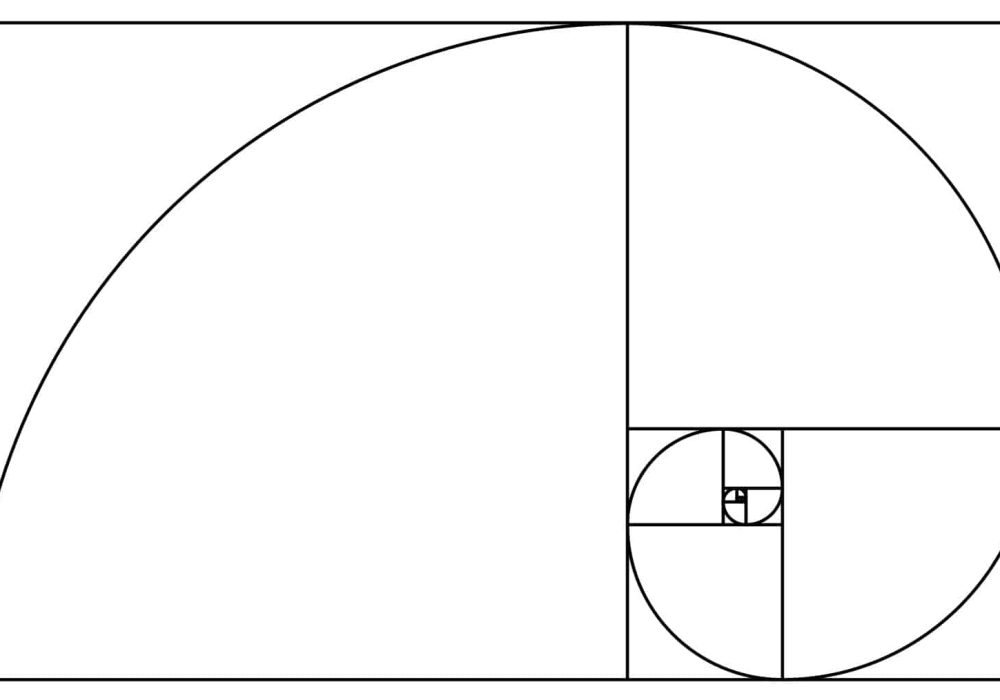A webinar lecture with Richard Oosterhoff (University of Edinburgh). Part of our summer webinar series on “Reason and Beauty in Renaissance Christian Thought and Culture,” presented in collaboration with the American Cusanus Society
Perspective drawing, map-making, musical harmonics, astronomy, and number theory—these were all mathematical disciplines in the Renaissance. We tend to link measuring sounds, sights, and sensations with outstanding philosophers, from Nicholas of Cusa to Galileo and Descartes. But every university student met these topics, in their first textbooks. This webinar will focus on the hugely popular Paris master and humanist Jacques Lefèvre d’Étaples (c. 1455–1536), who wove a programme of university reform out of authorities from Church Fathers and mystics, the Victorines, Ramon Llull, and Cusanus. Out of such sources, Lefèvre bequeathed European universities a shared philosophical culture in which mathematics offered an archetype of reason and beauty.
2020 Summer Webinar Series on “Reason and Beauty in Renaissance Christian Thought and Culture”
What do reason and beauty have to do with each other? Since the modern Enlightenment and Romantic movements, it has been tempting to see reason and beauty as separate or even opposed. In the Renaissance, however, rational and artistic pursuits bloomed together and even fed each other. Renaissance culture, including fine art, poetry, architecture, astronomy, and humanistic thought, both drew upon and extended ancient and medieval Christian intellectual traditions. This webinar course will examine different aspects of renaissance Christian thought and culture to explore how pursuits of reason interwove with the love of beauty.
This event is cosponsored by the Beatrice Institute, Calvert House, the Genealogies of Modernity Project, the Harvard Catholic Center, the Nova Forum for Catholic Thought, and St. Paul’s Catholic Center.

